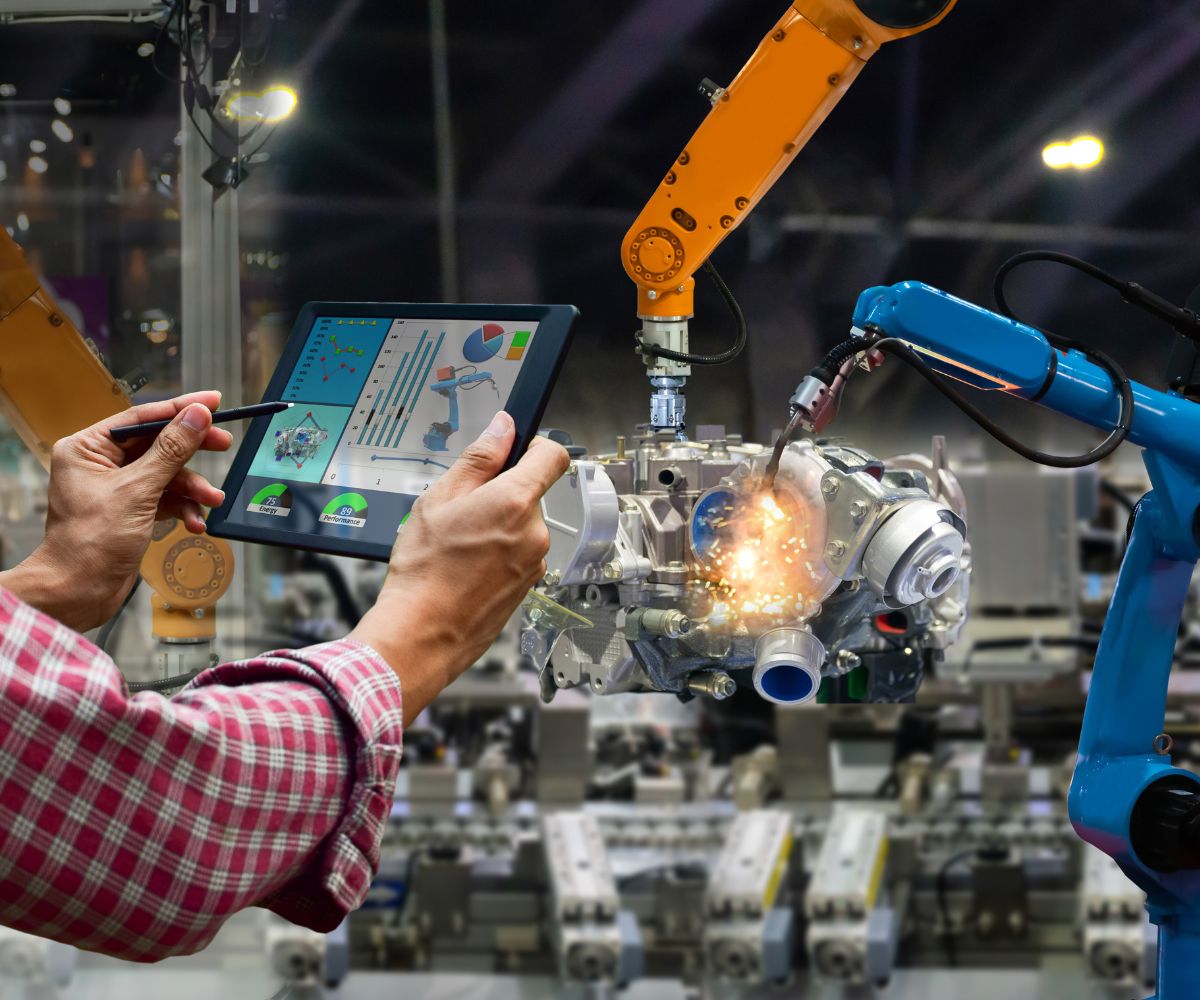
How Could Hydrogen Fuel Be Used to Power Manufacturing Machines?
November 8, 2023In the quest to find cleaner, greener and sustainable energy sources, hydrogen fuel stands out. It’s a potential game-changer in many sectors including manufacturing industries.
Hydrogen fuel is essentially where power is generated by reacting hydrogen with oxygen. This clean and highly efficient source of power could revolutionize modern-day industrial practices, reducing costly energy expenses while also combating climate change issues simultaneously.
With that in mind, let’s look at how it can be especially useful when applied in a manufacturing context, and why this matters for the future of the sector as a whole.
Hydrogen Fuel in Manufacturing: An Innovative Perspective
Traditionally, manufacturing industries utilize conventional sources of energy like coal and gas. While these have been reliable, they also contribute to greenhouse emissions and are finite resources. In contrast, hydrogen fuel offers a refreshing perspective for power requirements within factories.
In its simplest terms, leveraging hydrogen fuel in manufacturing means the machinery is run on electricity produced by this innovative technology. Hydrogen reacts with oxygen in a cell to produce water along with an electric current, representing clean energy that can be utilized effectively in industrial processes.
With zero carbon emissions (the only by-product being water), it’s environmentally friendly compared to conventional fuels. Thus shifting towards hydrogen-powered machinery would not just bring about economic benefits but significantly contribute towards reducing the carbon footprint as well. This presents an exciting paradigm shift for manufacturing businesses worldwide.
Efficiency of Hydrogen Fuels for Industrial Machinery
Hydrogen fuel is not only a cleaner source of power, but it also boasts superior efficiency compared to conventional fuels. This becomes critical when industrial machinery usage is considered, given the vast energy requirements in these settings.
When conventional fuels are burnt for power, much energy is wasted as heat. However, hydrogen fuel cells produce electricity directly from chemical reactions without combustion. Therefore, no energy is lost as waste-heat, making them increasingly efficient and reliable sources of continuous power supply.
For instance, when utilized in high-power machines like manufacturing robots or conveyor systems that work continuously for long hours on end, hydrogen fuel can ensure smoother operations with fewer breakdowns due to overheating problems often encountered with traditional fuels. The future could see more companies harnessing this outstanding trait of hydrogen fuel to drive their production lines.
Powering Computers, e.g., for CNC Machines
One fascinating area where hydrogen fuel can be used effectively is within computer systems of manufacturing machines.
For instance, consider second hand CNC machines that are vital to many industries for cutting and shaping materials. These computers usually use significant amounts of electricity, which can lead to high running costs if powered traditionally.
By using the energy produced from hydrogen fuel cells instead, these machines can operate more efficiently while drastically reducing their environmental impact.
Challenges and Solutions in Using Hydrogen as an Energy Source in Factories
Despite its promising potential, several key challenges need to be overcome before hydrogen fuel can become commonplace in manufacturing. Key issues include:
- High Initial Investment: Converting factories to run on hydrogen involves significant investments.
- Storage Difficulties: Currently, safe, efficient storage of bulk hydrogen for industrial use is difficult.

However, technological advancements could help surmount these problems:
- Falling Costs: As more industries adopt hydrogen fuel cells, economies of scale will likely reduce costs over time.
- Advances in Technology: Constant improvements are being made in the safe handling and storage of hydrogen fuels in an effort to hit net zero targets.
The Bottom Line
Though facing some hurdles now, with ongoing innovation and development, adopting hydrogen energy within manufacturing seems a worthy challenge, especially considering its transformative potential. It’s just down to businesses in this industry to take the plunge and start reaping the benefits.



 With over 15 years of reporting hydrogen news, we are your premier source for the latest updates and insights in hydrogen and renewable energy.
With over 15 years of reporting hydrogen news, we are your premier source for the latest updates and insights in hydrogen and renewable energy.